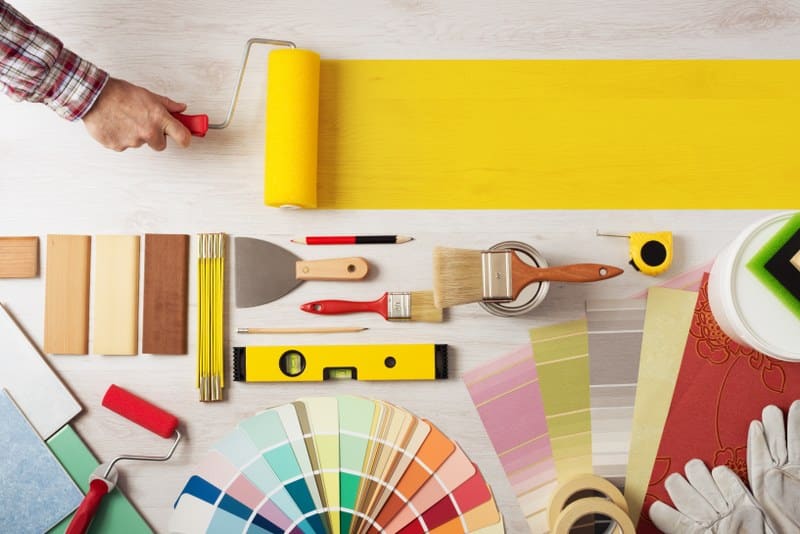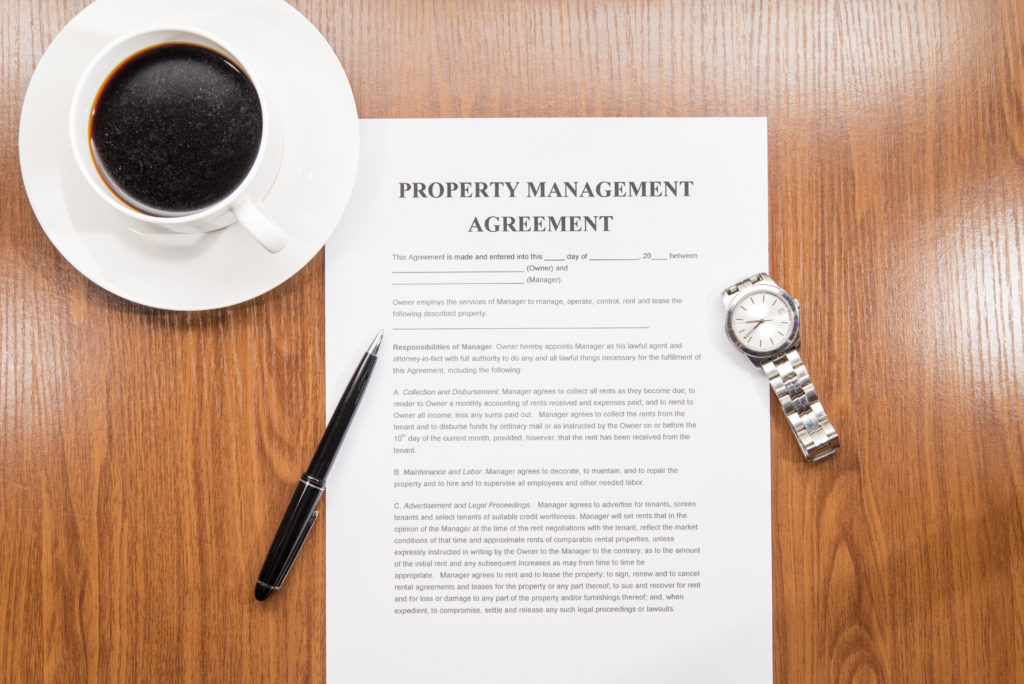There is a common misconception that if you want to get rich then you need to buy a house. Well, we are going to show you the evidence that this is a big fat lie! If you want to get rich in the next 10 years, then you should rent, not buy.
Oh sure, Realtors will tell you that real estate is a good investment. That you can get rich in real estate. That the wealthy of America have made their money in real estate. Yes, that is true. But what they fail to tell you is that they did not get rich by owning their own home, but in buying income properties such as apartment buildings, strip malls and condominiums.
Do you want to see the proof? Well, take a look at these figures.
The True Cost of Home Ownership
Let’s take a look at the national average cost of homeownership. The typical American holds onto a home between 7 to 10 years. For the sake of our discussion, we are going to compare owning a home to renting over a 10 year holding period.
According to the National Association of Realtors Housing Affordability Index of 2017, the 2016 median home price was $235,500. To get the best loan terms plus the national average mortgage rate of 3.88, you would need a 20 percent down payment of $47,100. Your 30-year mortgage payment will be $886 a month. You would also need to pay closing costs that average 3 percent. During a 10 year period, you will have spent a total of $160,500 out-of-pocket to own your home.

But that is not all you will need to spend to own your own home. You have to factor in repairs, maintenance, improvements, homeowner insurance, and property taxes.
The Home Advisor’s 2017 True Cost Report states that the average maintenance, repair, and home improvement costs between 2014 and 2016 averaged $4,477 annually. The National Association of Insurance Commissioners states that the average annual homeowner insurance premium is $952. According to the US Census ACS, homeowners are paying property taxes on average of $11 for every $1,000 of market value. This means that you would be paying $2,591 annually.
This means that you can expect to pay an additional $8,020 for the first year to own your home. But prices do not stay the same, to accurately estimate the ownership costs over the 10 year period, we need to factor in inflation. The average inflation rate based on the U.S. Census Bureau over the past 20 years is 2.1 percent. This means that over the next 10 years, you can expect to pay $88,355 in property-related expenses.

In all, you will have spent $248,900 over 10 years to have your own home. Mind you, some of this investment is in the equity in your home, so it is not lost money.
Now comes the good part. It is time to sell. We are going to assume that your tasteful repairs and careful maintenance have added 10 percent more to the value of your home. This means you increased the property value by $23,550.
What is more, the market has been steadily appreciating over those 10 years. Based on the S&P CoreLogic Case-Shiller Home Price Index Levels, the average annual home appreciation over the past 20 years has been 4.4 percent. This means that with compounding appreciation plus your renovation value, your home will be worth $361,000. Well, that sounds good, right? You paid $248,900 to make $361,000 but is that all profit?
Nope, you still have a mortgage to pay off. That will take out $147,800. You will also have to pay closing costs which average 8 percent (which includes the 6 percent you will pay your realtor). The actual profit from the sale is $207,800.

After all of that, you will have lost $41,100! Your return on your investment is -16.5%. Yuck!
Owning your own home seems like a really good investment if you do not factor in the maintenance, repairs, taxes, and insurance. If you forget to factor those costs in then it would look like you are making nearly a 30 percent return on your home investment. The problem is that owning a home costs more than simply paying the mortgage each month. You will never get rich by owning your primary residence.
Renters Invest Instead of Buying a House
Now let us compare a renter who decides not to buy, but instead invests those same dollars. Who will come off the winner? Who will get rich faster? Well, let’s take a look.
We said that the average monthly mortgage payment was $886. Based on the US Census Bureau’s 1st Quarter 2017 Report, the national median asking rent is $864. This means that we can easily compare apples to apples. The homeowner pays $886 on the mortgage, a tenant pays $864 in rent each month.
While the homeowner takes their $47,100 and puts it as a down payment on the house, you decide to invest it in say the S&P 500 – a nationally recognized large-cap investment. Over the past 20 years, it has had an average annual return of 9.3 percent. This is a pretty conservative investment, so we will use it for our analysis.
Instead of paying an extra $668 a month in homeowner costs, you opt to pay $16 a month on renters insurance. This leaves you $653 to invest every month into your S&P 500 investment.

Over the next 10 years, you will have a total out-of-pocket investment of $125,400. At the end of this time period, you decide to sell your stock which now has a value of $246,800. Your profit from this sale is $121,400. Your costs for this transaction? Well if you use Scottrade, you would pay a whopping $6.95. So we are looking at pure profit here.
After all that careful monthly investing, you have made $121,400 and reaped a big fat 97% total return on your investment!
It is Your Choice
Renters, I know it sounds so nice to “own” your own home. There is a sense of fulfillment, security, and prestige that goes with having title on a house. And at some levels, there is no way to put a price on those needs. But the reality is that, on average, you will not come out ahead nor will you even get close to becoming rich by owning your residence. You might find an awesome diamond in the rough and strike it rich on your total renovation, but the odds are just not in your favor. If you have that overwhelming nesting instinct, then by all means act on it, but just remember that it will not make you rich.
On the other hand, if you take that same amount of money and invest it, you will come out ahead – way ahead. Then you can take that lovely chunk of cash and perhaps buy a house free and clear. No mortgage and no interest payments; just a nice place to prepare for retirement. Or better yet, take it and invest it in several income-producing rental properties. You then take the profits from those investments and put it back in your stock investment. Before long, you will be able to buy the home of your dreams – free and clear!












